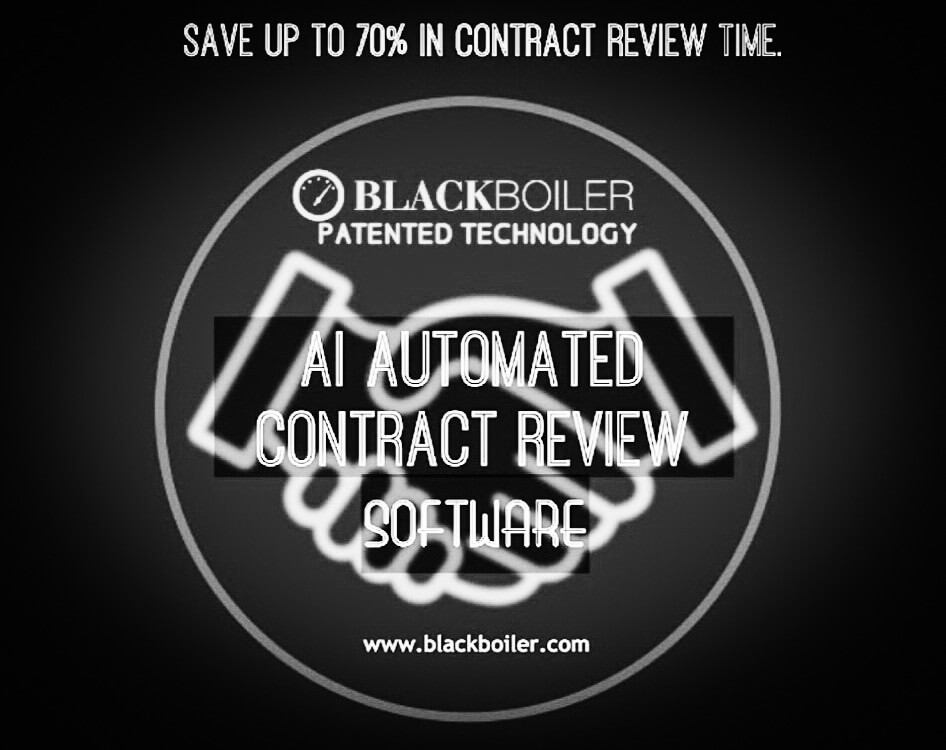Introduction
Legal workflows are processes that involve a number of complex steps to reach a certain goal. It is critical to ensure a smooth transition from one stage to the next as well as clear and structured workflows. Efficient systems can only be built on the foundation of powerful workflows. Having automated contract software allows law firms, lawyers, associates, and paralegals to focus on the logical components of their work while flawlessly automating contract workflows.
Achieving Better Workflows by Leveraging AI-Powered Tools
Legal professionals waste a lot of their time on admin and completely irrelevant tasks. A Whitepaper by IDC found that information workers wasted so much time sorting out document management (DMS) challenges that it cost them a whopping $19,732 per knowledge worker, per year. As per the study, this caused a loss of 21.3% of the firm’s productivity.
Imagine this. You have a lot of clients to deal with, and there are a lot of contract cycles moving simultaneously. How do you keep track and ensure that each stage of the cycle flows efficiently?
Solution: Identify parts of the contract cycle that can be automated and then automate them.
Contract review is time-consuming, repetitive, and voluminous – the top 3 reasons to automate. Automating contract reviews is the best thing you can do to create highly optimized workflows. Let’s find out how.
- Enable Auto alerts
Going over each contract to see what needs attention and monitoring? You should not be spending your time like this. AI makes it so simple to generate built-in tags within agreements, allowing you to highlight important material ahead of time. This way, you can mark the type of information you need to keep track of during the contract cycle and receive automated reminders, saving you time and enhancing efficiency.
- Create Contract Standards to Mitigate Risks
Analyze the best contracts in your repository and compile a database of standard clauses that are essential to certain kinds of agreements. It’s a time-consuming effort to organize this by reading through thousands of agreements and then classifying them. Instead, identifying relevant clauses and then having AI compare them using the appropriate metrics will yield the best results.
Natural language processing can discover and classify clauses to reduce risk, providing you with an overview of differences between agreements that you may later customize. AI contract review promotes transparency by spotting trends and gaps in agreements, allowing for rapid evaluation of these nuances.
- Ensure searchability for quick access
Advanced tagging helps you in reducing search time and swiftly finding relevant documents. AI contract review software allows you to flag documents, making it easier to monitor contracts in unforeseen circumstances.
Final Thoughts
Enabling AI contract review at your firm shrinks CLM time, resulting in optimized operations, finances, and, ultimately, workflows. This faster implementation allows for more time to be spent on complex contracts. According to a Harvard Business Review report, ineffective contracting at law firms costs between 5% and 40% of the value of a deal.
Use legal tech to your advantage and allow tools to assist you in creating better experiences for your firm and clients. The bottom line is that contract review can be automated and therefore, should be automated. Use tools that are easy to learn and adapt, provide data to keep track, cut contract review time by more than 70% and skyrocket your revenue – that’s exactly what BlackBoiler does.



